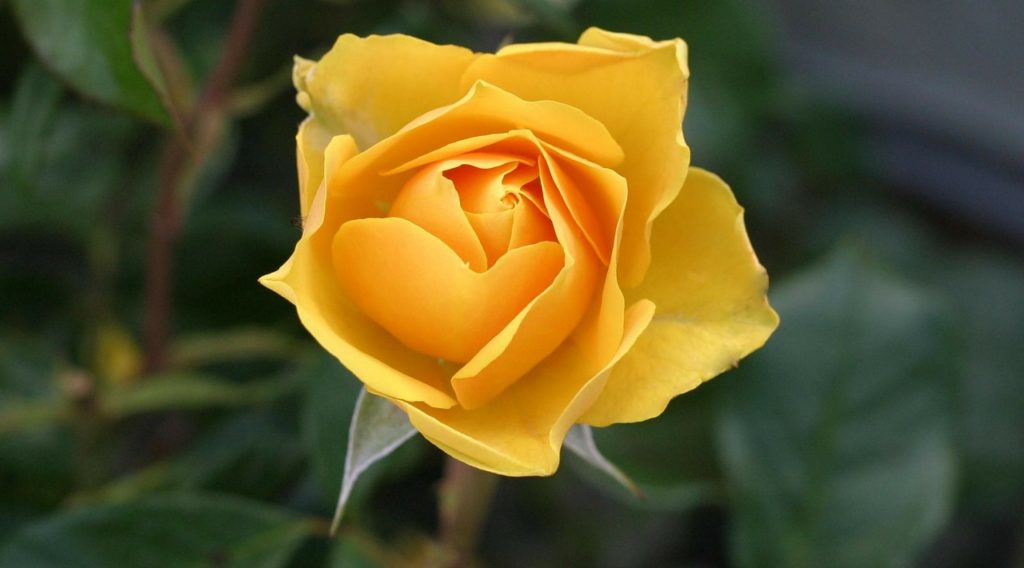1. doll ![]()
[noun]
[de pop, de pop-pen]
"Pop" means "doll". Of course we all know the world’s most famous doll, Barbie. Many Dutch girls have had their own "barbiepop" ("Barbie doll"). See Examples for more on dolls. Some men also refer to their girlfriend or women in general as "pop" or its diminutive "poppetje". If a girl looks fragile and dressed up, some people could refer to her as a "poppetje". It could be used in both a positive and a negative meaning.
Examples:
– "Heb je die poppen bij Madame Tussauds in Amsterdam wel eens bekeken?"- "Oh, de wassen beelden bedoel je? Nee, nog niet."
("Have you ever seen those dolls at Madame Tussauds in Amsterdam? -"Oh, you mean the wax sculptures? No not yet.")
– "De bewaker van Paleis Noordeinde stond kaarsrecht en knipperde zelfs niet met zijn ogen; hij leek net een pop."
("The guard of Noordeinde Palace stood upright and didn’t even blink his eyes; he looked just like a doll.")
– "Mijn buurvrouw spaart porseleinen poppen."
("My neighbour collects porcelain dolls." Please note that Dutch distinguishes between female and male neighbours, "buurvrouw" and "buurman", respectively.)
– "Zij is echt een poppetje: elke dag worden haar nagels en haar gedaan."
("She is really a doll; every day she gets her nails and hair done.")
– "Tijdens het kinderfeestje werd poppenkast gespeeld met echte poppenkastpoppen."
("During the children’s party a charade was performed with real puppet theatre dolls.")
– "Deze politieke beweging stelt echt helemaal niets voor; het is een grote poppenkast."
("This political movement amounts to nothing at all; it’s one big charade.")
Related words:
– Poppenkast: puppet theatre [noun] [de poppenkast, de poppenkasten].
2. pop ![]()
[noun]
[de pop, <no plural]
"Pop" can also refer to the music genre "pop". "Popmuziek" is "pop music", a "popgroep" is a band playing pop music. "Nederpop" is popmusic with Dutch lyrics, derived from the name of our country "Nederland" ("Netherlands"; "neder" is oldfashioned Dutch for "low"). Check out the Extra of DWOTD "Dak" for a typical 1950’s "Nederpopsong". Dutch hasn’t invented its own words for music genres and just copies the English words (jazz, soul, R&B, rock, metal).
Examples:
– "Houd je van Nederpop?"-"Ja hoor, ik luister naar alles: De Dijk, Blof, Doe Maar."
("Do you like Dutch pop music? "Sure, I listen to everything: De Dijk, Bløf, Doe Maar.")
– "Gaat je voorkeur uit naar pop, jazz of bossanova?"
("Do you prefer pop, jazz, or bossanova?")
Related words:
– Popgroep: band playing pop [noun] [de popgroep, de popgroepen].
– Popmuziek: pop music [noun] [de popmuziek, <no plural>].
Extra:
During the Pentecost weekend and on First Pentecost day ("Pinksterweekend" and "Pinkstermaandag"), Dutch popfestival Pinkpop will be held for the fourtiest time in Landgraaf. The logo of the festival combines "pop" in its two meanings: "doll" and "pop".



 “Met de noorderzon vertrekken” can be literally translated as “to leave with the northern sun”. It stems from 17th century Dutch. Then, the “noorderzon” was synonymous to “during the night” – the sun shines in the northern/Scandinavian countries at night. The “zuiderzon” (“southernsun”) was synonymous to “during mid-day”. “Met de noorderzon vertrekken” originally meant to leave without notice leaving many debts. Nowadays, it is used when someone leaves without telling anyone that he intends to leave nor where he’s going.
“Met de noorderzon vertrekken” can be literally translated as “to leave with the northern sun”. It stems from 17th century Dutch. Then, the “noorderzon” was synonymous to “during the night” – the sun shines in the northern/Scandinavian countries at night. The “zuiderzon” (“southernsun”) was synonymous to “during mid-day”. “Met de noorderzon vertrekken” originally meant to leave without notice leaving many debts. Nowadays, it is used when someone leaves without telling anyone that he intends to leave nor where he’s going. The most common use of “roos” is “rose”. As you probably know, roses are not Holland’s most famous flowers; tulips are. If you’ve ever visited the
The most common use of “roos” is “rose”. As you probably know, roses are not Holland’s most famous flowers; tulips are. If you’ve ever visited the  Examples:
Examples: